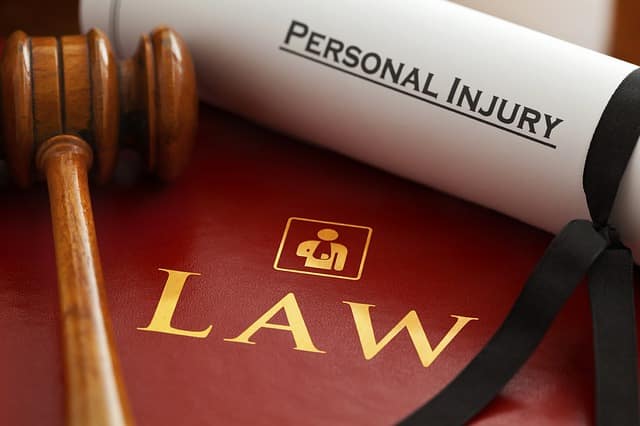
A self-employed worker may be hesitant in claiming a personal injury complaint because a contract states that he or she is not under an employer. However, many self-employed workers perform on a contractual basis. This is especially true in the following industries:
1. Construction
Many construction workers are considered contractual workers due to the nature of their jobs. Their jobs exist until the end of the construction project, lasting only for 4-12 months on average. There is a high risk of personal industry in this type of self-employed job because it requires heavy work and use of large equipment. Unstable debris may also lead to slips, falls and other accidents.
2. Marine Industry Workers
These involve jobs that involve ship maintenance and operations management. Although a lot of workers in the marine industry are hired by employers, some may be on a self-employed contractual basis. Cargo ships, oil tankers, and other marine commercial vehicles where personnel is needed is a high-risk workplace for self-employed workers.
3. Industrial Maintenance Workers
These include workers in electrical plants, business scale farmlands, and fisheries. Some self-employed workers are at risk in these physical jobs as it may require operating machinery or going in danger zones to complete their duties.
According to Winters and Yonkers, personal injury attorney Tampa, there are many possible ways to claim personal injury settlements even as a self-employed worker. In this post, we will be discussing the 5 steps to claim your personal injury complaint successfully.
5 Steps Claiming For Personal Injury as a Self Employed Worker
1. Talk to a personal injury attorney
Winters and Yonkers suggest that the first step to do in claiming a personal injury settlement is to approach a lawyer who specializes in your case. According to these personal injury attorney Tampa, these lawyers know the best to get the most of your claim. They will gather sufficient evidence, look at the laws in your respective state regarding self-employment and personal injury, and provide you with the best suggestions on your course of action. Make sure that your personal injury attorney is a reputable one and can work on the case where you’re located at.
2. Contact your health or insurance company
Another step to make is contacting your insurance company regarding your situation. If your insurance states that having some medical or financial coverage is possible given your circumstance, then you can easily claim this as a self-employed worker. Since most personal injuries occur in the workplace, your insurance may well be able to cover these expenses as a work-related accident. Do not hesitate to explain your case, and you can always coordinate with your personal injury attorney to help you secure these insurance claims.
3. Coordinating with a solicitor to get your paperwork done
In some instances, there needs to be more evidence in a personal injury accident given the situation that you are self-employed. Your personal injury attorney will coordinate with a solicitor to help gather all the paperwork that is needed to strengthen your case. This is useful if the person whom you are working for is refusing to cover a settlement you wish to agree upon. The solicitor will gather enough documents to support your case in such situations. Both the personal injury attorney and the solicitor can help you retrieve financial claims or help you get coverage from your insurance company or both.
4. Presenting your case in court
After gathering all sufficient paperwork, the defendant along with their attorneys, as well as you with your personal injury attorney will present the case in court. Be ready to answer the questions in complete details, and your lawyer will help you strengthen your case. In many instances, a claim for a work-related injury is made especially in high-risk industries. The only difference is the amount of settlement which depends on the injury that your job had caused you. This is applicable both to employed and contractual workers, as in both situations they are both technically “hired” to do the job.
5. Getting your claims
The deliberation of your case may take as short as 1-2 weeks or even months if your case is complex. In this situation, it is important for your personal injury attorney to find a means for your insurance to cover medical payments first if you still need more procedures to recover. A good personal injury attorney will assist you in getting the best possible claims you can have in your case, and can even contest your situation in court for the defendant to pay a larger sum due to the damage that was done.
Battling for your claim may be a long and tedious process in a personal injury case. Finding the right personal attorneys can help make things easier for you.
